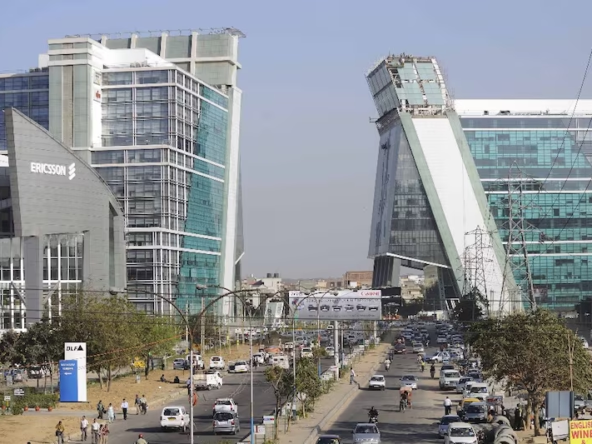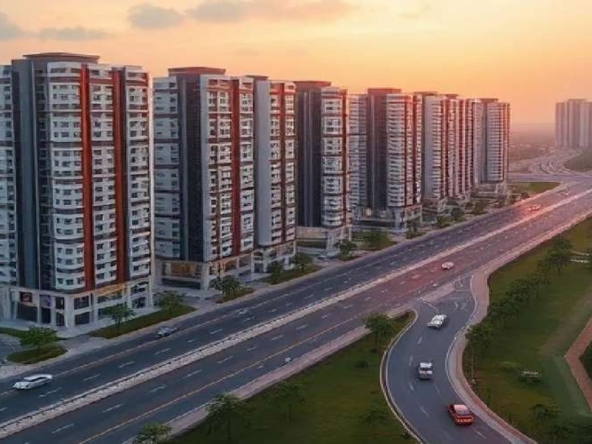2024 Election Impact
PM Modi has finally made a third term in the Indian Government, after his coalition with JD(U) chief Nitish Kumar and TDP’s chief Chandrababu Naidu.in this blog we talk about the 2024 Election Impact on Indian Real Estate.
Industry experts believe that the real estate sector 2024 Election Impact is optimistic, advocating crucial reforms for the continuation of growth and streamlining operations. Real estate growth depends on policy stability and a favorable economic environment, which are likely to be influenced by the election outcomes. Relevant policies are required to shape India’s real estate landscape.
We all know that a stable government with a business-friendly attitude can offer huge opportunities for new large-scale projects. The real estate market can expect the development of new projects and an increase in the population density of wind power stations in the presence of a stable government with favorable policies. At the same time, the opposite opinion may decrease the rate of investment in the field due to political instabilities, said Aman Gupta, Director of RPS Group.
Industry experts are prioritizing tax rationalization and reduced approval costs to create a more favorable environment to stimulate growth, enhance transparency, and address the pressing challenges of affordability and sustainability.
The Pradhan Mantri Awas Yojna (PMAY) scheme needs to be continually pushed to achieve all housing goals by reducing the cost of approvals, development premiums, stamp duty, and ready-reckoner rates, said Niranjan Hiranandani, Chairman, NAREDCO.
“As per the Industry experts, the real estate sector needs government attention and incentives to address the gap between housing supply and demand. They are hopeful that the government will continue to support the housing sector by taking measures like tax incentives, subsidies, and improved credit opportunities for first-time buyers. Also, a streamlined and simplified GST structure for the realty sector would be beneficial for developers and homebuyers both, fostering a more robust market environment,” said Deepak Goradia, CMD, Dosti Realty.
During the last two terms of the BJP Government, the real estate sector has seen the development of infrastructure and connectivity not only in metros and tier I cities but also in tier II cities and towns. This has helped in the emergence of several commercial and housing markets, uplifting the overall economy. Pritam Chivukula, Vice President, of CREDAI-MCHI and Co-Founder & Director, of Tridhaatu Realty said, “We anticipate increased investment in urban infrastructure, smart cities, and transportation networks”.
“Due to the third consecutive term of the BJP Government, we are hopeful that the government will take essential measures to address and enhance the affordable housing by working on relevant policies,“ said Prashant Pandey, Director of Accurate Realty Ventures Private Limited.
Among other key factors, ensuring transparency in real estate transactions remains a priority, from homebuyers’ perspective. The industry requires government support for digital initiatives, including online land records and e-registration of properties. Strengthening the Real Estate Regulatory Authority (RERA) and embracing digital tools for property transactions can help in reducing fraudulent activities, benefiting both developers and buyers.
Overall, the future government is expected to have policy changes that will directly or indirectly affect real estate practices. A recent study by Knight Frank India has projected that the Indian Real Estate Market will reach an estimated $1.5 trillion by 2034, constituting 10.5% of the total economic output by then.
Also Read About – The Global City Project in Gurugram recieves Environmental Clearance from MoEF




